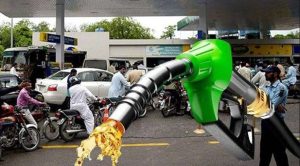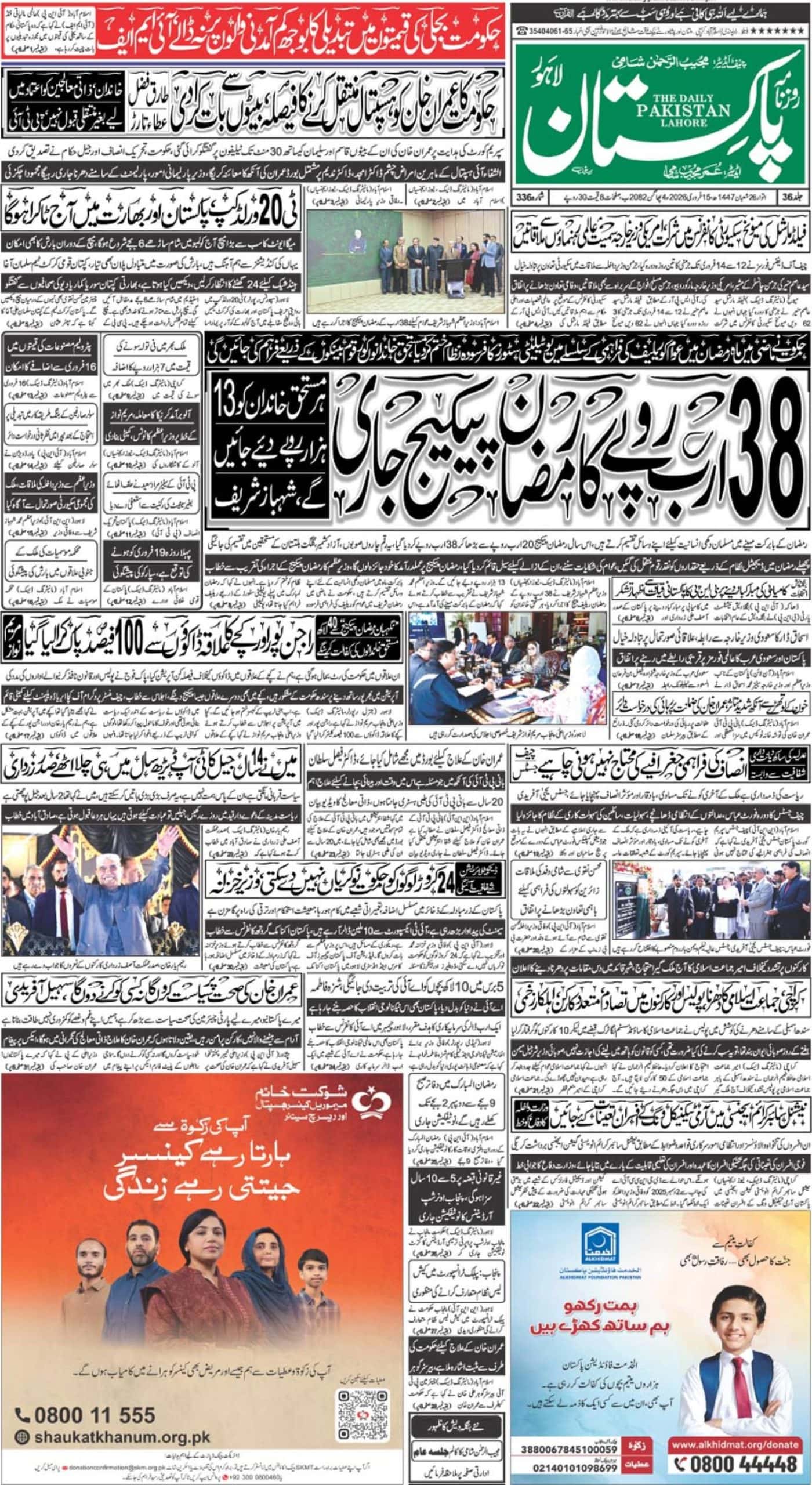LAHORE – The nostalgic memories of our mothers opening rustic family trunks and taking out hand-knitted khaees and dariyan made from indigenous cotton and proudly setting those for the frequent guests have faded away. Not only that, the budding fields of cotton have slowly been lost to concrete jungles and other “more lucrative” crops as well.
However, to try and revive this lost cultural heritage and crop, Sarsabz Fertilizer recently released the second episode of its Sarsabz Kahani web series titled “Khaki Desan” which focuses on the true story of Jugnu Mohsin, a well-recognized entrepreneur and public figure, who quickly realized the dearth of good quality home-grown cotton and its dying breed called Khaki Desan which nobody was striving to preserve. The short film traces the link of our heritage with cotton that dates back to the Indus Valley Civilization.
‘Sarsabz Kahani’ is a Youtube-based platform of Sarsabz that highlights true inspirational stories of rural folks passionately fond of their motherland. Please visit the official youtube channel of Sarsabz to view the full episode.
Cotton’s recent decline in production is extremely detrimental to our economic stability. As per the Ayub Agricultural Research Institute, the cotton crop holds a 0.8 percent share of GDP and contributes 5.2% to the agriculture value addition. Cotton also holds a 51 percent share in the country’s total foreign exchange earnings. Despite this economic significance, the Pakistan Bureau of Statistics has reported that in the past 10 years cotton production has almost halved from 13.6 million bales in 2011/12 to about 7 million in 2020/21. The State Bank of Pakistan (SBP) has also reported that the crop area of cotton has significantly reduced to 2.2 million hectares, the lowest since FY82.

“As per the research from the University of Faisalabad, the yield, area and production trend of cotton have shown a linear increase from 1947 to 2015 (Fig. 1). As per the Pakistan Bureau of Statistics, in the past 10 years cotton production has almost halved from 13.6 million bales in 2011/12 to about 7 million in 2020/21.”
According to Rabel Sadozai, Director of Sales and Marketing at Fatima Fertilizer, “Khaki Desan campaign is multifaceted in many ways. First of all, it helps to bring attention to the important issue of cotton’s recent decline in production. It also highlights the crucial significance of cotton for our country’s economic revival and community support. We believe in promoting initiatives that are purpose-led and help to establish a better understanding of the broader issues faced by our society and which directly impact our economic and social lives”.

In the good old days, the cotton harvest season was celebrated with great festivity and fervour across the cotton belt which is now mainly sugarcane and rice belt dotted with abandoned cotton ginning mills and scattered housing societies. Keeping in view the recent decline of cotton production and farmers preferring to harvest other crops to earn a better profit, Khaki Desan campaign appeals to the relevant Government stakeholders to consider formulating a clear policy in favour of the revival of cotton production.

As per Fatima Fertilizer, this should start with increased research spending on developing high-quality seed varieties that can effectively combat water scarcity, and pest attacks and produce high yields. The policy should also support cotton farmers to earn a good return on their investment so that those who have converted to sugarcane or rice can revert back to cotton harvesting.
It should also involve the textile sector which should be encouraged to not just be a sourcing hub for global brands but market their own brands around the world proudly claiming that these are made from the finest Pakistani cotton. Furthermore, subsidy on fertilizer is extremely important to control the cost of production and give our farmers a level playing field against global competitors.













